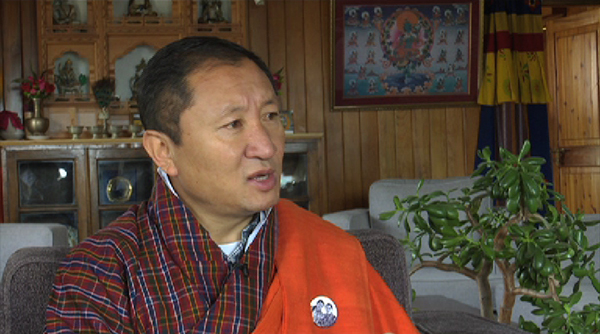 Despite remaining in a draft form for more than five years, the works and human settlement ministry’s Spatial Planning Bill is yet to be enacted as an act. So, does this mean the bill faces an uncertain fate? The Foreign Minister, Dr Tandi Dorji, recently said the bill was approved in principle by the cabinet. But the ministry has been asked to revisit the bill and see if it aligns with other laws such as Tenancy Act and Local Government Act.
Despite remaining in a draft form for more than five years, the works and human settlement ministry’s Spatial Planning Bill is yet to be enacted as an act. So, does this mean the bill faces an uncertain fate? The Foreign Minister, Dr Tandi Dorji, recently said the bill was approved in principle by the cabinet. But the ministry has been asked to revisit the bill and see if it aligns with other laws such as Tenancy Act and Local Government Act.
The foreign minister said while the Spatial Planning Bill was regarded as an important bill, it needed to complement other laws. This is mainly to ensure the smooth execution of overall development programmes in the country along with harmonised laws.
“We have asked works and human settlement ministry to look at all the bills under their jurisdiction to see how the National Land Commission is coming up with their zoning system and look at it holistically so that when we have a master plan for the whole country in terms of development, have a clear delineation of responsibilities between different agencies. So we will have a good long term plan, which will clearly demarcate the areas of Bhutan, how buildings will be done, how development will take place, and which area will be green zones,” said the foreign minister.
The bill was drafted to come up with sound urban governance at the dzongkhag level. They added the Local Government Act on which the implementation of any structural plans is currently based lacks clarity in terms of governing urban areas.
“I must highlight on accountability, the act does not fix accountability on the elected members of the Local Government. For example, if the elected member in their respective Tshogdu takes decisions and accordingly implement, which are not in keeping with national policies, legislations, there is no provision in LG Act to fix accountability on them. So, therefore, there was a requirement of the bill,” said Tashi Penjor, Chief Urban Planner of the works and human settlement ministry.
Besides, a Spatial Planning Act is needed to institute a comprehensive human settlement planning system. Broadly, it is expected to establish an institutional and legal framework for the planning system in the country. And accord legal powers to the government to regulate all plan preparation, implementation and administration.
The Spatial Planning Bill also came under the scanner of the Royal Audit Authority. In its Performance Audit Report on Urban Planning and Development in Thimphu Throm, released in late 2019, the ministry was asked to justify why the bill was not endorsed as an act. The report also asked the ministry to expedite the enactment of the bill, considering its importance.
Pema Lhaden







